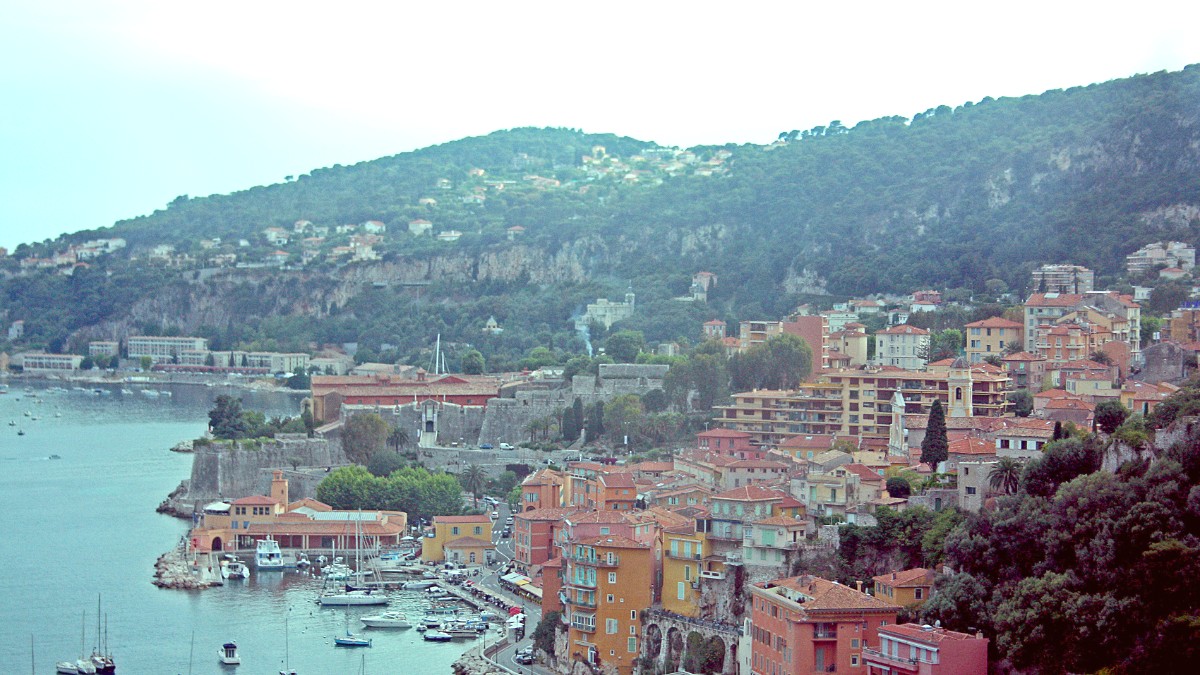
France
France has major mobile providers: Orange, SFR, Bouygues Telecom, and Free Mobile. All have good network coverage across the French Riviera.
Wi-Fi is widely available in hotels, most restaurants, cafes, and some public areas. Mobile data coverage is generally excellent.
La Poste is the French national postal service. Post offices are available for sending mail and parcels.
French is the official language. English is widely spoken in tourist areas, but less so outside main tourist centers.
For seamless communication, have translation apps ready on your phone. Consider an eSIM from Airalo or a portable WiFi device from Solis Wi-Fi for constant online access.
Typically 9/10 AM to 7/7:30 PM. Smaller shops may close for lunch (12/12:30 PM to 2/3 PM). Supermarkets open until 8/9 PM. Sundays often limited or closed.
Lunch service generally 12 PM to 2 PM. Dinner service starts around 7 PM and continues until 10 PM. Many restaurants close between services.
Open 9 AM to 12 PM and 2 PM to 7 PM. "Pharmacies de garde" (on-call) provide 24/7 emergency service, with details posted on doors.
Banks have specific hours, but ATMs are widely available for cash needs.
Public holidays (Jours Fériés) lead to reduced services or closures for many businesses and public transport.
Adjust your itinerary during the low season. Check for any events you want to attend in advance. Local life takes a calmer pace during these months, with some seasonal businesses closed.
Interacting respectfully with local culture enriches your travel.
Always greet shopkeepers, restaurant staff, and locals. A polite "Bonjour Madame" or "Bonjour Monsieur" is valued.
French style often favors a polished look. Dress neatly and comfortably for sightseeing.
Dine at a relaxed pace; meals are social events. Wait for the host to seat you.
Photography is permitted in public spaces. Be discreet and respectful.
Engaging politely with locals creates a more positive experience. A small effort with the language, alongside general courtesy, makes a big positive difference.
This information assists with trip planning for those with accessibility needs.
The Old Town of Villefranche-sur-Mer is challenging for those with mobility issues or using wheelchairs.
Some attractions and public transport have accessibility. Pre-arrangement for assistance is often needed.
Specialized services directly in Villefranche-sur-Mer are limited for visual or hearing impairments.
For detailed planning, dedicated resources can provide itinerary aid and arrangements.
For a comfortable trip, research and pre-arrange any specific assistance needed. Direct communication with service providers aids in meeting specific needs.